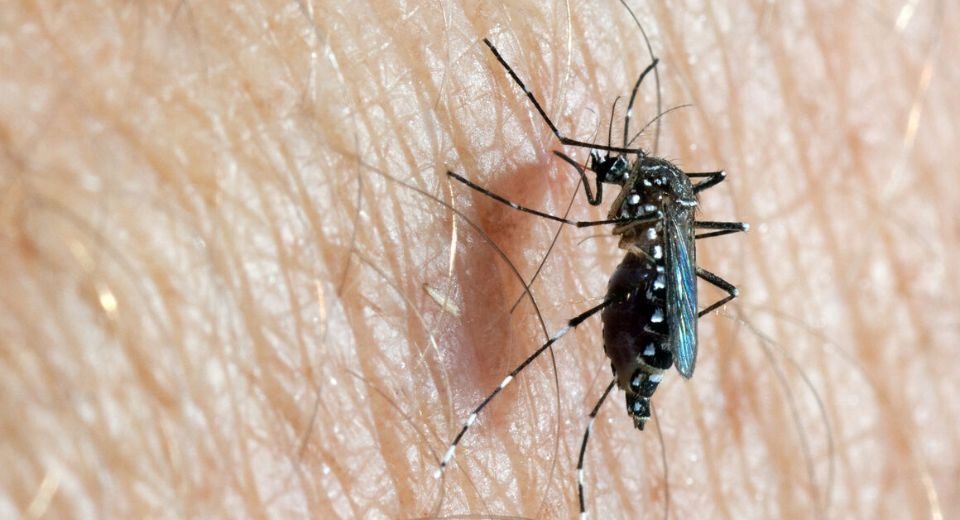HQ Team
October 9, 2024: Dengue cases in the Americas Region exceeded the number of cases historically reported in a year, as compared to all previously recorded years, according to the Pan American Health Organization.
The cases in the Region of the Americas reported until September at 11.7 million is more than doubled the number of cases reported in 2023, according to a statement from the PAHO, which is an arm of the World Health Organization.
“As of epidemiological week 36 (September) of 2024, 47 countries and territories in the Americas Region have reported 11,732,921 dengue cases.
“This number is two and half times as high as the number of cases recorded throughout 2023, which was 4,594,823 dengue cases,” according to the PAHO report.
The PAHO employs epidemiological weeks in its surveillance reports as a standardized method to organize and analyze health data over time.
South America dengue season
This system divides the calendar year into 52 or 53, each beginning on a Sunday and ending on a Saturday, allowing for consistent tracking of disease trends and outbreaks.
Since it is the beginning of the dengue season in South America, the UN body urged its member states to step up surveillance and early diagnosis and review their dengue response plans to prevent severe cases and fatalities.
Until September 2024, 47 countries and territories in the Americas Region reported 17,610 severe dengue cases and 6,650 fatalities.
Cases from six countries make up 97% of the fatal dengue cases in the Americas region: Brazil with 5,303 (82.4%), Argentina with 408, Peru with 234, Colombia with 131, Paraguay with 121, and Ecuador with 59 fatal dengue cases, according to a PAHO report.
“All four serotypes of the dengue virus are now circulating in the region, increasing the risk of severe illness,” according to the statement.
Southern Cone
The Southern Cone subregion has experienced a significant surge in cases, with increases of over 250% compared to the same period in 2023.
While the case fatality rate has remained relatively low in the subregion, the possibility of increased cases could lead to more severe outcomes and place a burden on health systems, the PAHO warned.
PAHO urged Member States to prioritize surveillance, early diagnosis, and timely care for dengue and other arboviruses. This includes taking timely measures to strengthen health systems, train healthcare workers, and provide clear guidance to patients and families.
The key recommendations included an analysis of the distribution of cases to identify hotspots and intensify vector control efforts and the implementation of effective vector control measures to reduce the density of Aedes aegypti mosquitoes to prevent transmission.
Aedes aegypti mosquito
It also suggested educating the population on transmission and prevention measures and engaging communities in reducing the presence of Aedes aegypti mosquitoes.
The training of healthcare personnel on the clinical management of dengue focuses on early diagnosis and recognition of warning signs, the PAHO stated.
“PAHO also recommends that health facilities prepare to manage a potentially larger number of dengue cases during peak transmission seasons, ensuring adequate patient flow and clinical care.”
The PAHO is headquartered in Washington, DC. PAHO is the regional office of the WHO in the Americas and the health organization of the Inter-American System.
The organization provides technical collaboration in a variety of specialized public health fields and organizes emergency preparedness and disaster relief coordination.
Dengue is a viral infection transmitted to humans through the bite of infected mosquitoes. About half of the world’s population is now at risk of dengue with an estimated 100–400 million infections occurring each year.
The disease is found in tropical and sub-tropical climates worldwide, mostly in urban and semi-urban areas, according to the WHO. While many dengue infections are asymptomatic or produce only mild illness, the virus can occasionally cause more severe cases and even death.








